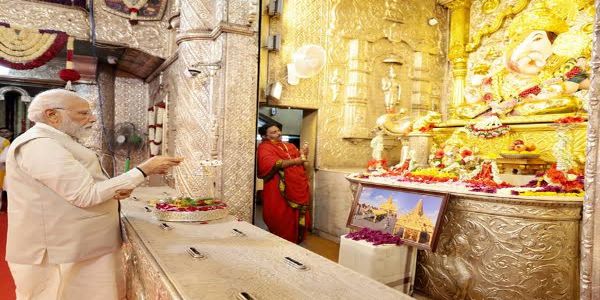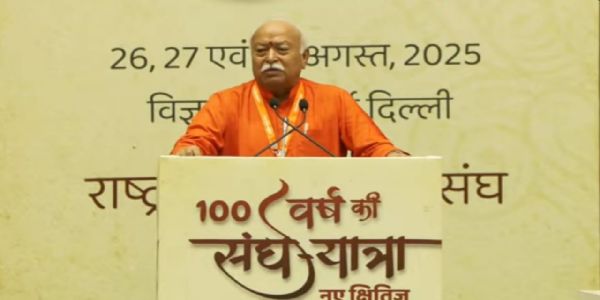
Hansalpur (Gujarat), August 26(HS): India took a decisive leap in its electric mobility push on Tuesday as Prime Minister Narendra Modi flagged off Maruti Suzuki’s first all-electric SUV, the ‘e-Vitara’, from the company’s Hansalpur facility in Gujarat. The rollout not only marks Maruti Suzuki’s formal entry into the EV space but also positions India firmly on the global electric vehicle (EV) manufacturing map.
The Battery Electric Vehicle (BEV) plant inaugurated at Hansalpur will be Maruti Suzuki’s maiden facility dedicated to EVs, and its flagship product—the e-Vitara—will be exported to over 100 international markets, including Europe, Japan, and Latin America. With lithium-iron phosphate (LFP) battery packs of 49 kWh and 61 kWh, and both front-wheel and all-wheel-drive configurations, the SUV is projected to appeal to global and domestic buyers alike.
Equipped with advanced features—LED headlamps, panoramic sunroof, digital instrument console, touchscreen infotainment systems, and driver-assistance technologies—the model carries Maruti Suzuki’s ambition to bridge affordability and innovation in India’s EV market.
Inaugurating the facility, PM Modi called the development a “historic milestone for Make in India and Aatmanirbhar Bharat,” stressing that India is determined to become a leader, not a follower, in the green mobility revolution.
In tandem with the vehicle launch, PM Modi also inaugurated a hybrid battery electrode manufacturing plant, a tripartite venture between Suzuki Motor Corp, Toshiba, and Denso, designed to localize over 80% of EV battery value addition in India. This move is expected to sharply reduce dependence on Chinese and Korean imports, a recurring challenge in India’s EV trajectory.
The Hansalpur EV plant and allied battery facility come at a strategic moment, dovetailing with the government’s FAME-II and Production-Linked Incentive (PLI) scheme for advanced chemistry cells. Industry experts note that this could spur ancillary industries, enhance supply chain resilience, and create tens of thousands of direct and indirect jobs.
For Maruti Suzuki, which commands nearly 42% of India’s passenger vehicle market, the e-Vitara represents a late but calculated entry into the growing EV segment. Analysts suggest that its global export focus, combined with a price-competitive domestic offering, could reshape India’s consumer adoption curve, especially as charging infrastructure begins to scale nationwide.
“From being an importer of technology to becoming a global exporter of affordable green vehicles, this launch underlines a paradigm shift,” Modi said at the plant, underscoring India’s ambition to join the league of major EV-exporting nations.
Hindusthan Samachar / Jun Sarkar








